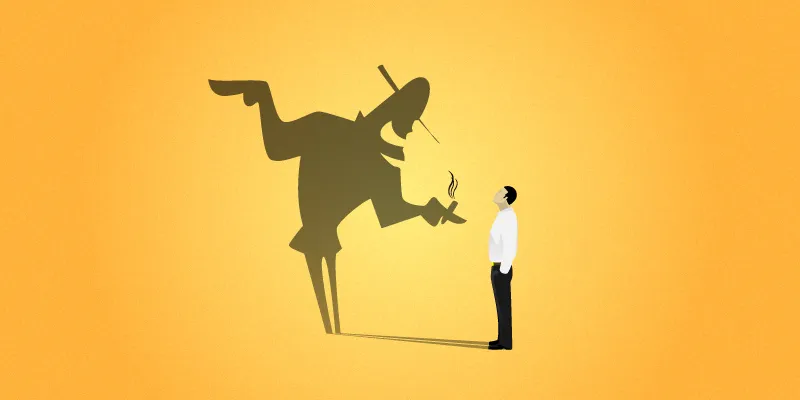Here is the self-discipline you need as an entrepreneur
Self-discipline is the highest honour a self-respecting individual can bestow upon himself or herself. It's characteristic of a mind that manoeuvres or controls the body (and not vice-versa), and of a heart that acts as the guiding light for the mind. Simply put, self-discipline is an exercise in consistency, which a self-respecting individual puts into practice in every aspect of their life. From waking up early, to not eating outside, to maintaining work-life balance, self-discipline is the catalyst to true liberation and success.
As an entrepreneur, self- discipline must be at the heart of your character. It must lead and define how you spend your time, and the quality of your life. Here are three practical ways you can put to good use in order to improve self-discipline.

Image: Shutterstock
Stop lying to yourself
The question isn't why do we lie – it is why do we lie to ourselves? We are the sum of our information. The majority of us gather certain patterns of thoughts and behaviour early in our childhood. We are slowly conditioned by the cultural, philosophical and linguistic setting of our time. One of the traits we pick up along the way (by watching our parents, TV and society in general) is to lie to ourselves. We begin to believe that lying to ourselves is a survival tactic, that it keeps our demons at bay and our happiness afloat. Driven by such ill-found knowledge, we pursue a lifetime of denial by lying to our own self, in order to keep ourselves “safe” from truth.
Most people are blissfully unaware that they lie to themselves on a minute-to-minute basis. Because of that numbness, they allow themselves to lie to others readily as well. The result? A society that's deeply broken, and/or a company or brand that's hollow from within.
As a self-discipline practice tool, an entrepreneur must deny himself or herself the temporary bliss attained by lying to oneself. It may be hard at first, but in the long run, honesty with oneself will prove to be the best policy indeed.
Good things come to those who don't rush
Knowledge is bliss. The right knowledge, or shall I say, knowledge of what makes a thing right, is our only saviour and redemption. That which is right cannot be bought at a fast-food counter, or found in the next fastest car. It can be arrived at only with patience, diligence, and the will to do things right.
But waiting is hard work. Cooking your own food is hard work when you can easily order some via an app. Getting off FB is hard work, logging out of Instagram is hard work, snapping off Snapchat is hard work. Doing the right thing is hard work and it takes time. Patience, therefore, is the highest goal of self-discipline. In today's blurry world, patience remains but a mythological remedy to modern-day stress, confusion and disorder.
Self-discipline involves replacement of everything that can cause long-term pain and short-term happiness with happiness and success that's long-lasting.
Consistency is key
Everyone knows that eating at odd hours is a bad habit, but very few have the will to change it.
Consistency thus is an act of knowledge and will. If you are willing, but lacking in right knowledge, or if you possess the required knowledge but not the will to execute it, you will become and remain an individual of uncertainty and incompleteness. However, when you do something over and over and over again, it becomes a part of you. From eating the right breakfast, to driving without rushing, to speaking without wanting to please, to saying “no” when “no” must be said – these are all practices in consistency. When consistency becomes a habit, we begin to truly succeed as individuals.
When one hears the term self-discipline, it's normal to think in terms of physical action, time, a certain seriousness in self-conduct, and in general, a to-do list of what to do and when to do it. But the truth is that self-discipline cannot be maintained by a list of to-do things only; it's governed as much by a list of things that one should not do. For example, waking up on time is the result of wanting to wake up on time and knowing why it's a good thing. Thus, in order to be a self-disciplined entrepreneur, one must learn to be a self-respecting individual first.
Read also: Here’s how you can be more self-disciplined
Overall Comments:
Well-written article. However, the conclusion is very abrupt and doesn’t flow naturally from the rest of the article. Why is being self-respecting important to being self-disciplined? An example or two could help bring this point across better and round the article off more completely.







